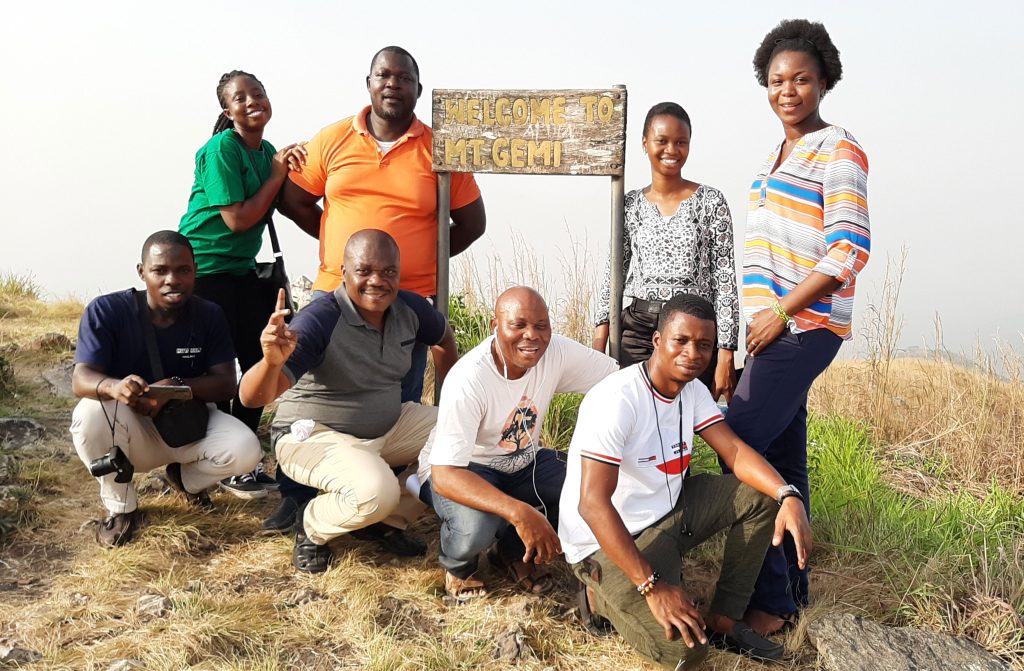
About Us
The Development Institute, incorporated in December 2003, is an African Ghana based non-government, not-for profit development organization with the goal of empowering individuals, organization and communities to facilitate the linkage between micro and macro levels of society for sustainable development.
The DI emerged out of the passion to contribute to Sustainable Human and Environmental Security in Ghana and Africa in general. This passion has been identified as the pre-requisite for sustainable development and confirmed by Development Practitioners in the preparatory forum towards the participation of Civil Society groups in the World Summit on Sustainable Development (commonly referred to as Rio+10), in Johannesburg South Africa in August, 2002.
Our Development Philosophy and Approach:
The DI views development as a process which has a ripple effect in the society. Beginning from a potent nucleus, it spreads to the macro level. It begins when the individual and community capture the significance of their lives and are motivated to organize around a practical vision. The success of the individual’s life influences the family. When the family succeeds the community is influenced. When the community succeeds the nation is influenced. And when the nation succeeds the world is influenced. The potentials of individuals and the community therefore need to be harnessed. It is the enfoldment of these potentials that are expressed as arts, science and technology in organized society and for advancement. The development process is possible only in an atmosphere of peace, absence of all forms of threat and a supporting social and natural environment. That Sustainable Development can take place when there is Environmental and Human Security in the presence of Economic Growth cannot be overemphasized.
The DI adopts a Right Based Approach (RBAs) to development programming in the context of good governance by identifying claim-holders and their entitlements and duty-bearers and their obligations to ensure access and participation in the process. The norms and standards of the RBAs are essentially contained in the wealth of international treaties and declarations. The main elements of this approach include express linkage to rights, accountability processes, empowerment, participation, non-discrimination and attention to vulnerable groups.